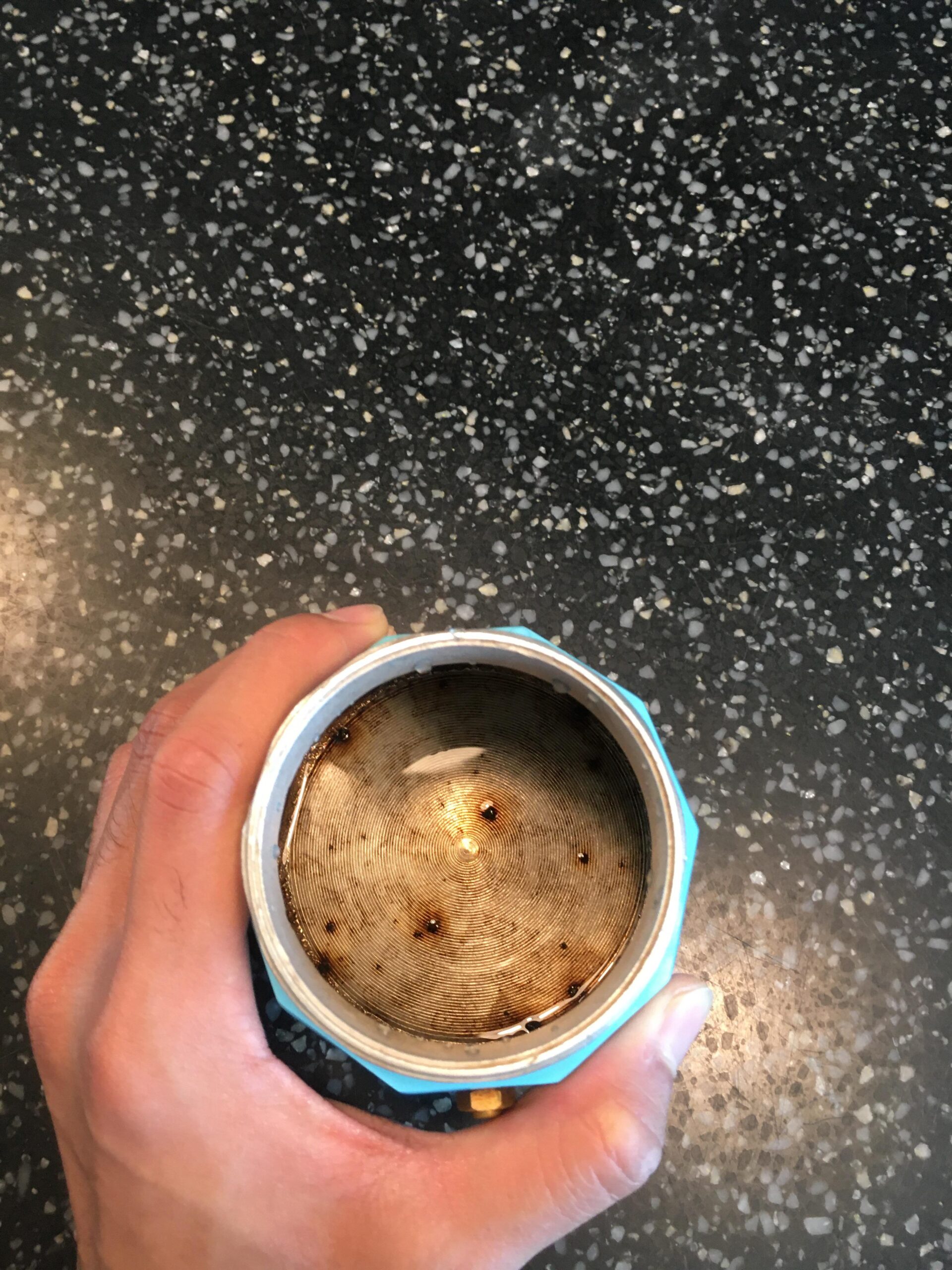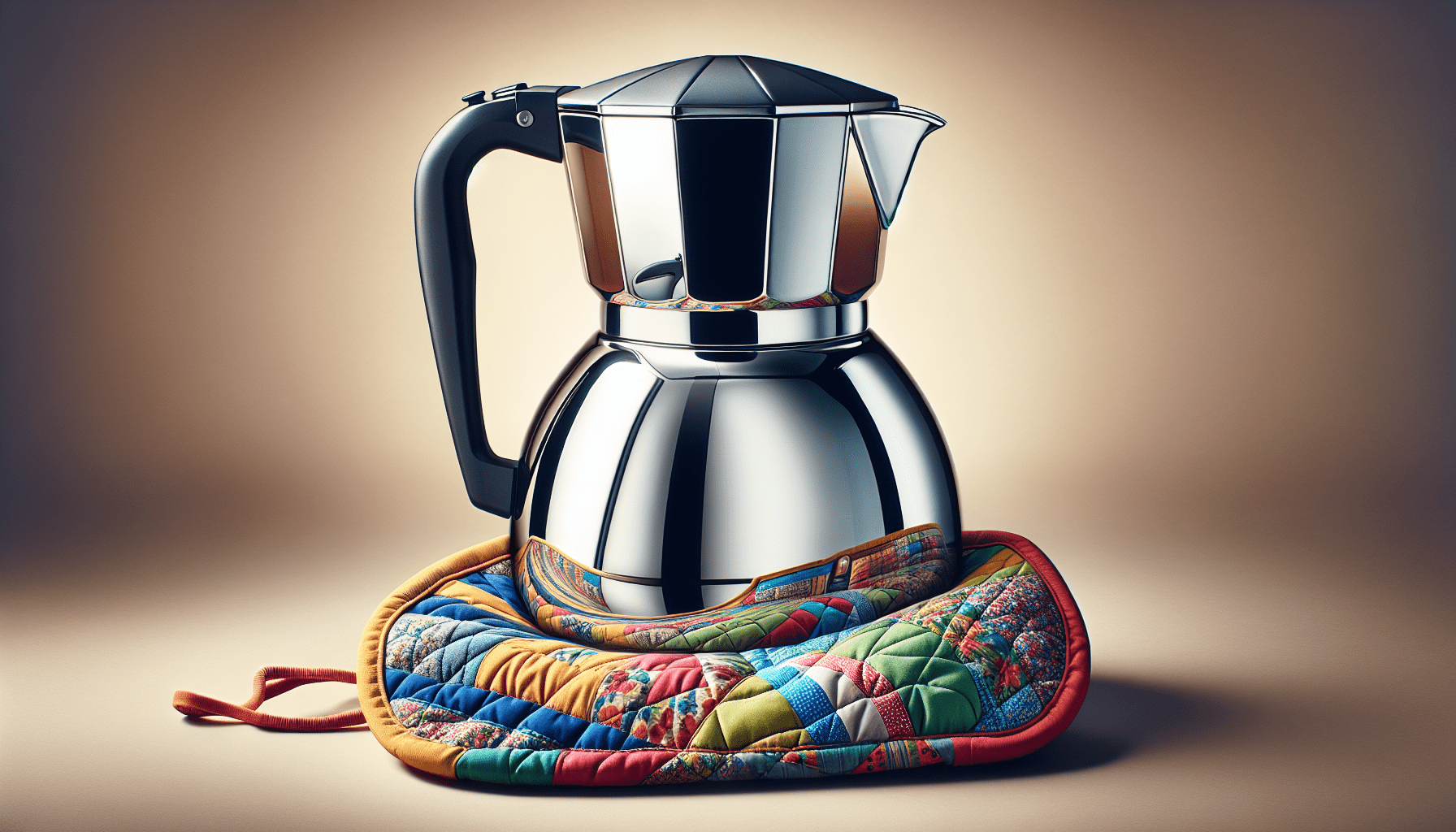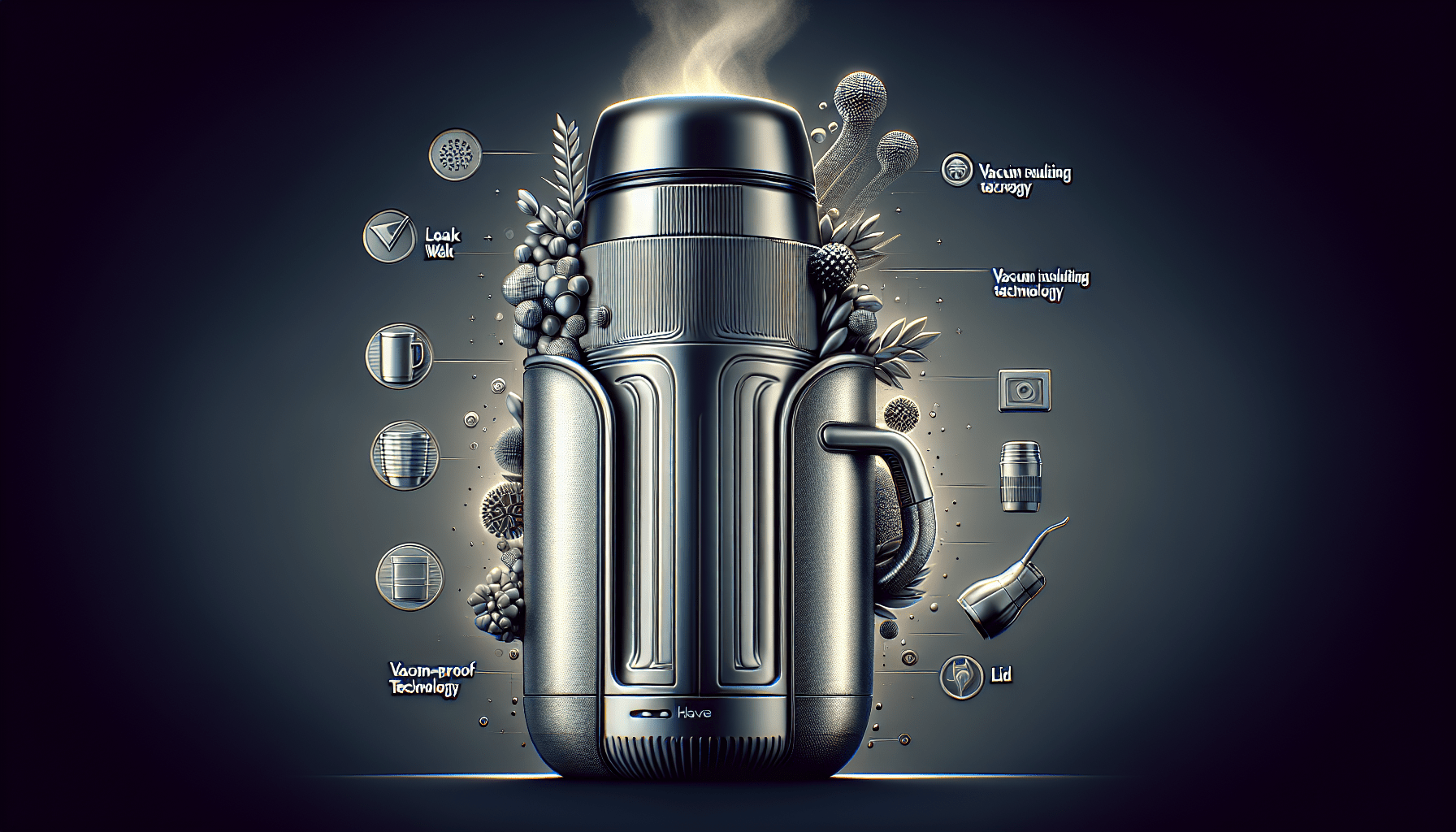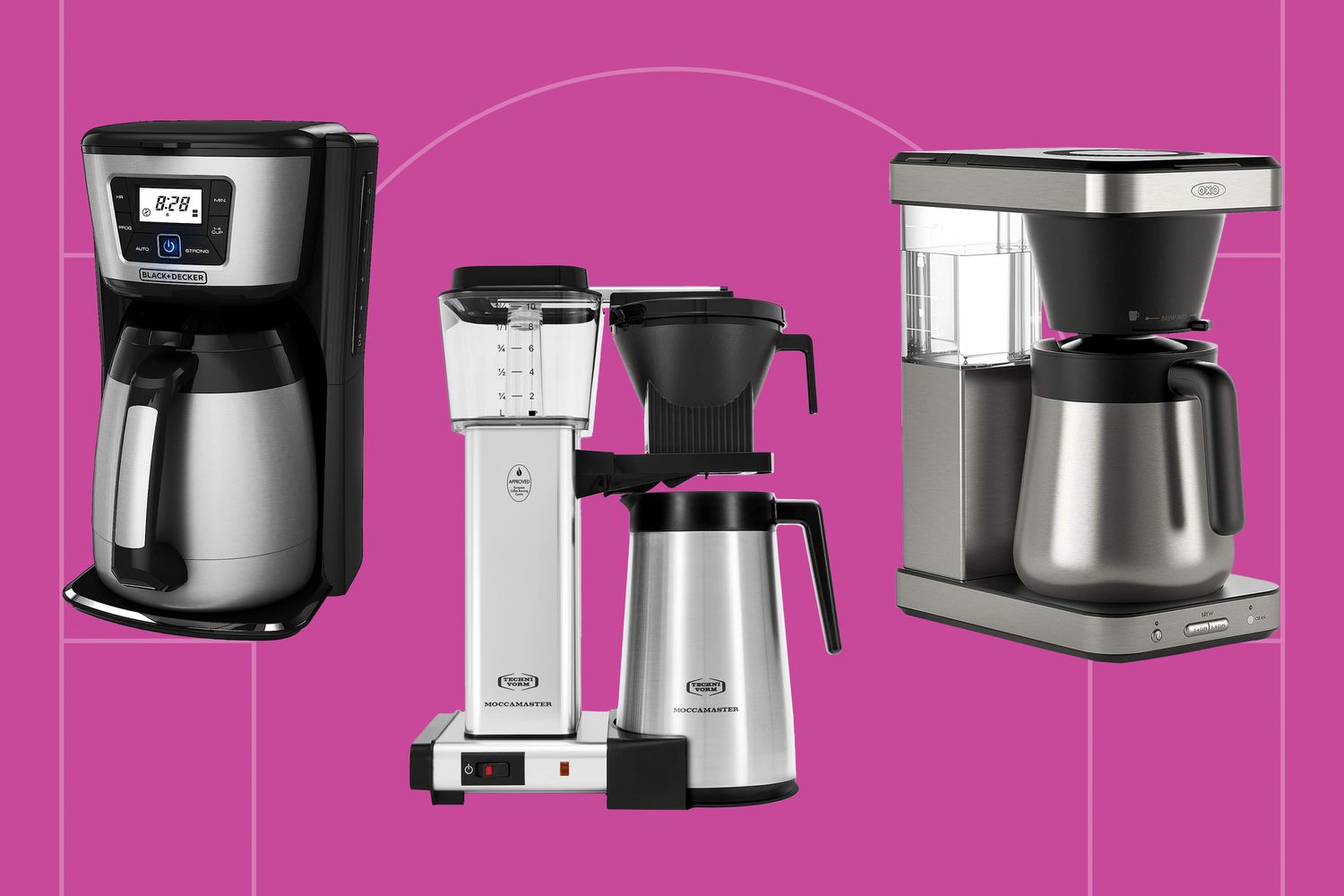How do you prevent coffee maker pots from corroding?
Understanding Corrosion in Coffee Maker Pots
Before we dive into the tips for preventing corrosion in your coffee maker pot, it’s essential to understand the root cause of this issue. Corrosion occurs when metal is exposed to moisture, leading to a chemical reaction that degrades the material. In the case of coffee maker pots, constant exposure to water and coffee residue can accelerate the corrosion process.
Common Causes of Corrosion in Coffee Maker Pots
Coffee maker pots are typically made of metal, such as stainless steel or aluminum, which are susceptible to corrosion. The acidic nature of coffee can contribute to this corrosion, as well as exposure to minerals in water. Additionally, scratches or cracks in the pot’s surface can provide a breeding ground for corrosion to occur.
Tips for Preventing Corrosion in Coffee Maker Pots
Now that you understand why corrosion happens in coffee maker pots let’s explore some practical tips to prevent this issue from occurring.
Regular Cleaning and Maintenance
One of the most effective ways to prevent corrosion in your coffee maker pot is through regular cleaning and maintenance. After each use, be sure to rinse the pot with warm, soapy water to remove any coffee residue. Additionally, consider using a mild abrasive cleaner or coffee maker descaler periodically to remove built-up mineral deposits that can contribute to corrosion.
Drying the Pot Thoroughly
Moisture is a significant catalyst for corrosion, so it’s crucial to ensure that your coffee maker pot is thoroughly dried after each use. After washing the pot, use a clean towel to dry it inside and out. Avoid leaving any water droplets or moisture lingering in the pot, as this can accelerate the corrosion process.
Avoid Harsh Cleaning Agents
While it’s essential to keep your coffee maker pot clean, be mindful of the cleaning agents you use. Harsh chemicals or abrasive cleaners can damage the pot’s surface and make it more prone to corrosion. Opt for gentle, non-abrasive cleaning solutions that are specifically designed for coffee makers to ensure the longevity of your pot.
Use Filtered Water
As mentioned earlier, the minerals present in water can contribute to corrosion in coffee maker pots. To minimize this risk, consider using filtered water when brewing your coffee. Filtered water has fewer mineral impurities, reducing the chance of mineral buildup and corrosion in your pot over time.
Avoid Leaving Coffee in the Pot for Extended Periods
Leaving coffee sitting in the pot for an extended period can accelerate the corrosion process. The acids present in coffee can react with the metal, leading to corrosion over time. Make it a habit to empty the pot promptly after brewing and avoid letting coffee sit for prolonged periods.
Use a Coating or Sealant
For an added layer of protection against corrosion, consider using a food-safe coating or sealant on the surface of your coffee maker pot. These products can help create a barrier between the metal and the coffee, reducing the risk of corrosion. Be sure to choose a coating that is safe for food contact and follow the manufacturer’s instructions for application.
Store the Pot Properly
Proper storage can also play a role in preventing corrosion in your coffee maker pot. Avoid storing the pot in damp or humid environments, as this can increase the likelihood of moisture exposure. Instead, store the pot in a dry, well-ventilated area when not in use to help mitigate the risk of corrosion.
In Conclusion
Preventing corrosion in your coffee maker pot requires a combination of regular maintenance, proper cleaning, and mindful storage practices. By following these tips, you can extend the lifespan of your coffee maker pot and ensure that it continues to brew delicious coffee for years to come. Remember, a little care and attention now can save you from dealing with a corroded coffee maker pot in the future.




